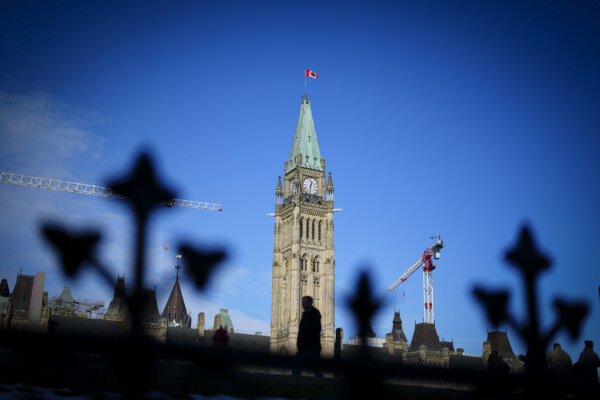Cory Morgan emphasizes the importance of prioritizing the needs of Canadians over political fortunes as parties make decisions.

Private members’ bills in the House of Commons are typically used by opposition parties to draw attention to issues. These bills often don’t progress beyond the first reading and rarely become law. They are commonly seen as symbolic gestures rather than serious attempts at legislation. However, with the NDP ending its arrangement with the minority Liberal government, private members’ bills now hold significant influence as the government seeks to secure deals to maintain power.
The political maneuvering is intriguing to observe, but it could potentially lead to detrimental policies being enacted as political interests take precedence over the needs of Canadians. The Bloc Québécois is calling on the Liberals to support bills C-282 and C-319 in exchange for backing during confidence motions. Both bills have the potential to have negative economic effects on Canada, but there is a risk that the Liberal government may push for their passage to retain control of the House of Commons.
However, what was deemed impossible to support by the Liberals previously may now become viable due to their need for allies in the House. If the Liberals endorse Bill C-319 despite their past stance, it would exemplify prioritizing party interests over those of Canadians.
It’s worth noting that the Conservatives have supported Bill C-319, deviating from their usual commitment to fiscal responsibility. With elections approaching, their backing aims to gain favor in Quebec. Like the Liberals, the Conservatives prioritize party interests with the bill, although they maintain consistency in their approach.
Canada’s dairy supply management policies have been contentious in trade talks for years, particularly due to their support for Quebec’s dairy industry, prompting hesitance in altering them.
The Canadian Senate has expressed reluctance towards Bill C-382, spurred by pressure from the Bloc. This presents a dilemma for Trudeau, who faces challenges if he intervenes in Senate proceedings, potentially jeopardizing the narrative of Senate independence.
The parties—Liberals, Conservatives, and NDP—are strategically navigating their decisions to benefit their political positions. In contrast, the Bloc Québécois consistently prioritizes its constituents, often at the expense of the rest of Canada.
The political landscape remains uncertain with the government’s future hanging in the balance. Deals are being negotiated, and principles are being compromised.
If the Bloc successfully passes its bills this session, further demands are anticipated. How far are the parties willing to go to avoid triggering an election or alienating Quebec voters?
Canada is facing a year of intense political brinkmanship, potentially resulting in unfavorable policies as political expediency takes precedence over citizen welfare. Ultimately, it is the citizens who bear the consequences.
Views expressed in this article are opinions of the author and do not necessarily reflect the views of The Epoch Times.




